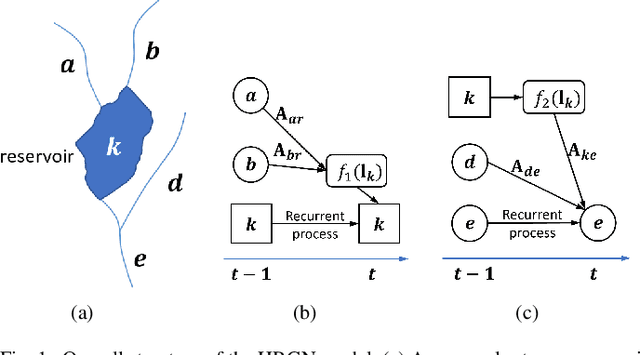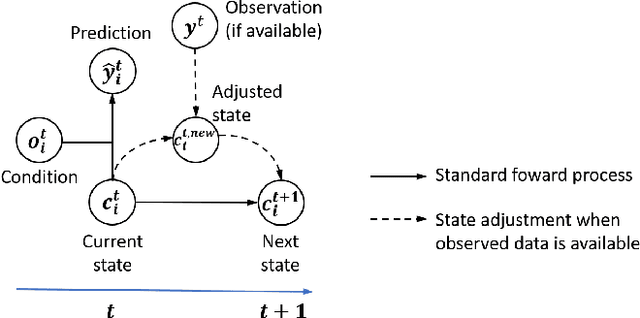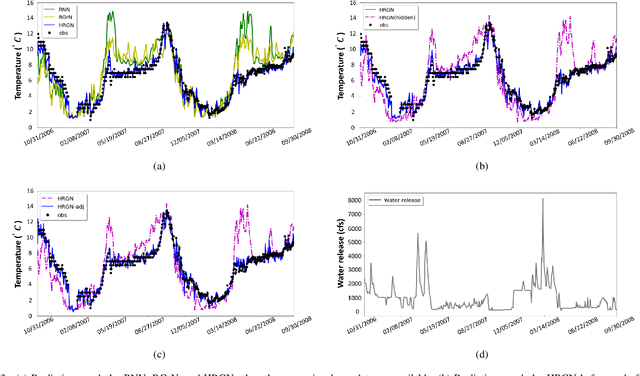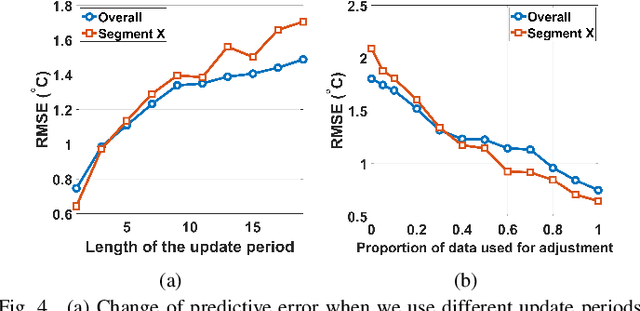Heterogeneous Stream-reservoir Graph Networks with Data Assimilation
Paper and Code
Oct 11, 2021



Accurate prediction of water temperature in streams is critical for monitoring and understanding biogeochemical and ecological processes in streams. Stream temperature is affected by weather patterns (such as solar radiation) and water flowing through the stream network. Additionally, stream temperature can be substantially affected by water releases from man-made reservoirs to downstream segments. In this paper, we propose a heterogeneous recurrent graph model to represent these interacting processes that underlie stream-reservoir networks and improve the prediction of water temperature in all river segments within a network. Because reservoir release data may be unavailable for certain reservoirs, we further develop a data assimilation mechanism to adjust the deep learning model states to correct for the prediction bias caused by reservoir releases. A well-trained temporal modeling component is needed in order to use adjusted states to improve future predictions. Hence, we also introduce a simulation-based pre-training strategy to enhance the model training. Our evaluation for the Delaware River Basin has demonstrated the superiority of our proposed method over multiple existing methods. We have extensively studied the effect of the data assimilation mechanism under different scenarios. Moreover, we show that the proposed method using the pre-training strategy can still produce good predictions even with limited training data.
 Add to Chrome
Add to Chrome Add to Firefox
Add to Firefox Add to Edge
Add to Edge